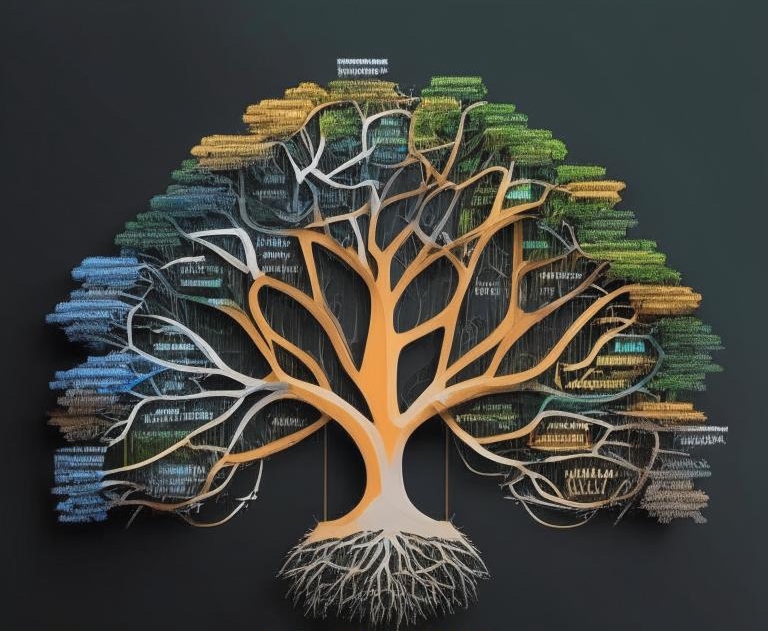Big Data and Analytics
by Oleg Sovetnik
Let’s examine Big Data and analytics platforms, which include big data processing platforms (e.g., Hadoop, Apache Spark), machine learning and AI tools (e.g., TensorFlow, PyTorch), and analytical platforms and forecasting systems (e.g., Tableau, Power BI). These systems play a key role in processing and analyzing large volumes of data to extract insights, build models, and generate predictions.
Big Data and Analytics Platforms
- Big data platforms: Solutions for storing, processing, and analyzing vast amounts of data (e.g., Hadoop, Apache Spark).
- Machine learning and AI tools: Systems for developing and deploying AI models (e.g., TensorFlow, PyTorch).
- Analytical platforms and forecasting systems: Software solutions for data processing and analysis to generate predictions and recommendations (e.g., Tableau, Power BI).
Sociological Theories for Conceptualizing Big Data and Analytics Platforms:
- Actor-Network Theory (ANT) (Bruno Latour)
In Big Data and machine learning systems, both humans (developers, users) and data, algorithms, and platforms act as equal participants in a network. These systems cannot be viewed in isolation from the context in which they operate—each component influences the outcome of the analysis and predictions.
The Umwelt in these systems describes the interaction between data, algorithms, and users. For example, how data is “transferred” to platforms, analyzed using machine learning models, and returned to users as predictions or visualizations. Each component plays a role in the network, creating a unique interaction context.
- Systems Theory (Niklas Luhmann)
Luhmann’s Systems Theory allows us to view Big Data and analytics platforms as complex systems that process information through various subsystems. These systems operate autonomously, manage large amounts of data, and interact with users, remaining self-referential and internally organized.
The Umwelt here describes how the system “sees” and processes data. Machine learning systems, for instance, can interpret large data volumes, create forecasts based on them, and then provide results to users, though with limited feedback.
- Cognitive Capital Theory (Luc Boltanski and Laurent Thévenot)
Cognitive Capital Theory focuses on how knowledge and analytical capabilities are used to create value. Analytics platforms and Big Data solutions act as mechanisms for converting data into capital through analysis and forecasting.
In this system, the Umwelt reflects how data becomes an “asset” for organizations that use analytics platforms to generate knowledge, predictions, and recommendations. Interaction with data, models, and forecasting systems can be seen as a process of accumulating and utilizing cognitive capital.
- Information Society Theory (Manuel Castells)
In the information society, according to Castells, data and information become central resources. Big Data and analytics platforms are key technologies that manage information flows, giving organizations a competitive edge in the modern world.
The Umwelt here describes how analytics platforms structure information flows and data for interpretation. In these systems, data becomes a resource that can be transformed into a competitive advantage through analysis, visualization, and forecasting.
For Big Data and analytics platforms, Actor-Network Theory (ANT) is the most appropriate. It allows us to view data, algorithms, machine learning models, and users as interdependent participants in a network. This theory helps explain how data is processed and interpreted in a dynamic environment where each component influences the final outcome.
analytics big-data systems-theory actor-network cognitive-capital information-society theory
